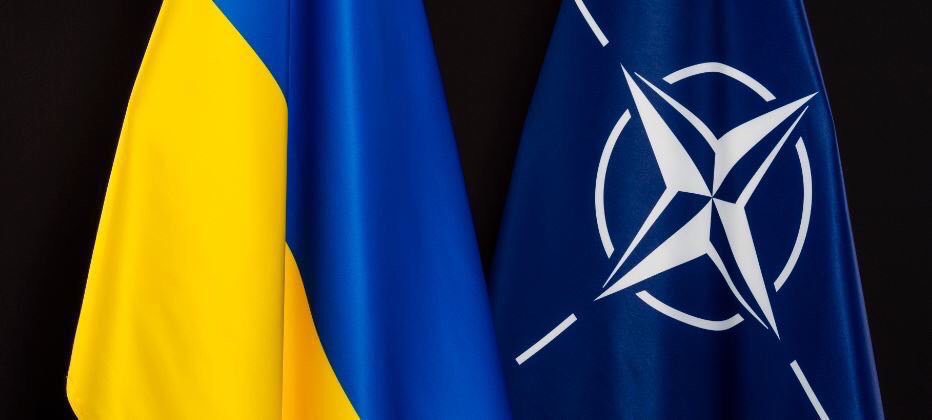Did NATO enlargement cause the Russian invasion of Ukraine?

The narrative of the "betrayal" of the promise of NATO non-enlargement, used by Putin to justify the invasion of Ukraine, presents evident fragility. Here are which ones. Gabriele Natalizia's analysis for Domani Quotidiano
"We remember how you promised us in the 1990s that (NATO) would not move an inch east." In the traditional press conference at the end of the year last December 23, Vladimir Putin had once again cited – as often happened in his career – the "mother" event of all the misunderstandings in the relations between the Kremlin and the White House. That is, that fateful "not an inch to the East" pronounced by the then US Secretary of State James Baker during a meeting with Mikhail Gorbachev in February 1990.
The image of the "betrayal" of NATO's non-enlargement promise was used by the Russian president as a general framework within which to record the moves made in Georgia in 2008 and Crimea in 2014 as well as the ongoing war against Ukraine . But this narrative presents evident fragility, even if one does not want to give credit to the denial of American diplomats and politicians to have ever assumed any obligation in this sense with the Soviet counterpart.
US ASSUMPTION COMMITMENT
The first fragility affects the very origin of the alleged commitment of the United States. This, in fact, has no basis in a written agreement or in a treaty but only in a joke, albeit made between politicians of the highest level.
Moreover, it should not be forgotten that it represents only a fragment of a cycle of talks which – as Gorbachev also admitted – focused exclusively on the "problem" of German reunification. In fact, the achievement of any agreement on the future of the Atlantic Alliance was not among the aims of the US-USSR summits, as confirmed by the absence of references to it in the Treaty on the final state of Germany signed in Moscow in September. .
THE MODUS OPERANDI OF RUSSIA
The second element of fragility in the Putinian narrative calls into question Russia's international modus operandi. Even if it were accepted that the "spirit" of the 1990 talks was in the direction of non-enlargement, it seems incredible that a cold Realpolitiker like the Russian president marvels at their disappearance decades later.
Assuming the interpretative lenses of realism, agreements between states – due to the anarchist structure of the international system – cannot be disconnected from the material conditions from which they spring. The absence of the latter, in fact, constitutes the reason for their possible non-compliance by the contracting parties.
Whether we like the “pacta sunt servanda, rebus sic stantibus” principle or not, it is not possible to deny the weight it exerts on formal agreements between great powers and, even more so, on informal ones. Russia, on the other hand, has never scruple to apply it when it has come in handy.
THE RUSSIAN VIOLATION OF THE BUDAPEST MEMORANDUM
As in the case of the invasion of Ukraine itself, which occurred in blatant violation of the 1994 Budapest memorandum in which Moscow undertook to respect the territorial integrity of Ukraine and to refrain from the use of force against it by reason of the transfer of its nuclear arsenal in Russia. Even less, it has had trouble ignoring repeated promises not to resort to the military option against Kiev made by its political leaders before February 24.
THE ENLARGEMENT OF NATO
The enlargement process, however, was nevertheless designed to provide counter-insurance to Russia, to make it an integral part of the security system in Europe. The signing of the accession protocols of Warsaw, Prague and Budapest in 1997 was preceded by that of the Founding Act of NATO-Russia relations. Similarly, the invitation to seven other former communist countries in 2002 took shape only after the Pratica di Mare summit, in which the NATO-Russia Council was created for the joint management of security issues of common interest.
In these phases, on the other hand, it was not the NATO enlargements that represented the main source of tension between Russia and the United States. Rather, it was America's unwillingness to recognize Moscow as a "zone of influence" that pushed it into ever more openly revisionist positions.
(Extract from an article published in Domani ; here the full version)
This is a machine translation from Italian language of a post published on Start Magazine at the URL https://www.startmag.it/mondo/bufala-espansione-nato/ on Sun, 15 May 2022 06:12:49 +0000.
